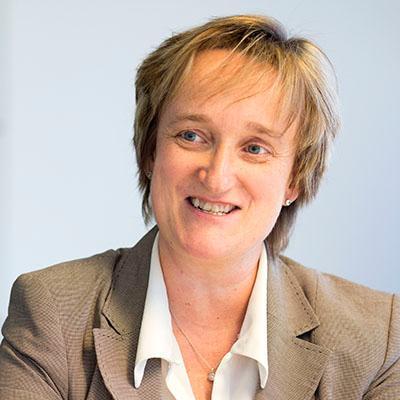OpenSym 2018, the 14th International Symposium on Open Collaboration, will take place in Paris (, France on
August 22-24, 2018
The program chair for this year is Matt Germonprez, Mutual of Omaha Associate Professor
Information Systems College of Information Science & Technology, University of Nebraska Omaha.
The registration page is here: http://conferences.imt-atlantique.fr/opensym/
The Papers and their authors are here: http://www.opensym.org/os2018/proceedings2018/
We will be pleased to welcome, as keynote speakers,
- Kevin Crowston, Distinguished Professor of Information Science and Associate Dean for Research, Syracuse University School of Information Studies,
- , founder and CEO of XWiki, recognized in the list of 100 notable French developers by Tariq Krim, in his report regarding the French software developer talents to The (former) French Minister in charge of the digital society, Fleur Pellerin,
- Aaron Halfaker (Wikipedia Foundation) and Stuart Geiger (UC Berkeley), for a discussion about qualitative and quantitative studies and Wikipedia.
We are looking for research submissions as well as industry and community submissions on topics relevant to
- IT-driven open innovation,
- open data,
- open education,
- open access and open science,
- collaborative “citizen” science,
- open law,
In addition to:
- free/libre/open source software and inner source,
- wikis and open collaboration, and Wikipedia and Wikimedia projects.
Research papers.
The research paper submission deadline is:
March 15th, 2018
Submitted papers should present integrative reviews or original reports of substantive new work: theoretical, empirical, and/or in the design, development and/or deployment of novel concepts, systems, and mechanisms. Research papers will be reviewed to meet rigorous academic standards of publication. Papers will be reviewed for relevance, conceptual quality, innovation and clarity of presentation.
The program chair for this year is Matt Germonprez, Mutual of Omaha Associate Professor
Information Systems College of Information Science & Technology, University of Nebraska Omaha.
The call for papers for the doctoral symposium can be found at our website.
All the submissions are done via the EasyChair platform, here: https://easychair.org/conferences/?conf=opensym2018
Doctoral Symposium Call for Submissions
OpenSym seeks to explore the synergies between all strands of open collaboration research. Thus, we will have a doctoral symposium, in which Ph.D. students from different disciplines can present their work and receive feedback from senior faculty and their peers.
The doctoral symposium is lead by Björn Lundell, University of Skövde.
The call for papers for the doctoral symposium can be found at our website. Submission deadline is April 15th, 2018.
Industry and Community Track Call for Submissions
OpenSym is also seeking submissions for experience reports (long and short), tutorials, workshops, panels, industry and community posters, and demos. Such work accepted for presentation or performance at the conference is considered part of the community track. It will be put into the proceedings in a community track section; authors can opt-out of the publication, as with research papers.
The industry and community track is lead by Benjamin Jean (Inno 3) and Olivier Berger (IMT-Telecom Sud Paris)
The call for submissions to the community track can be found at our website. The submission deadline is April 22nd, 2018.
The OpenSym Conference Experience
OpenSym 2018 will be held in Paris on August 22-24, 2018. Research and community presentations and performances will be accompanied by keynotes, invited speakers, and a social program in one of the most vibrant cities on this planet.
The open space track is a key ingredient of the event that distinguishes OpenSym from other conferences. It is an integral part of the program that makes it easy to talk to other researchers and practitioners and to stretch your imagination and conversations beyond the limits of your own subdiscipline, exposing you to the full breadth of open collaboration research. The open space track is entirely participant-organized, is open for everyone, and requires no submission or review.
We are looking forward to seeing you in Paris!

